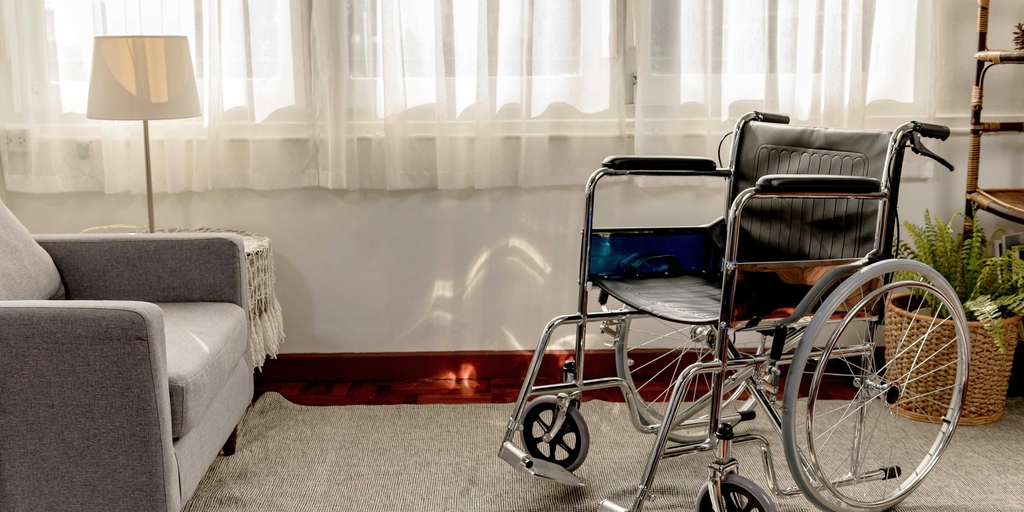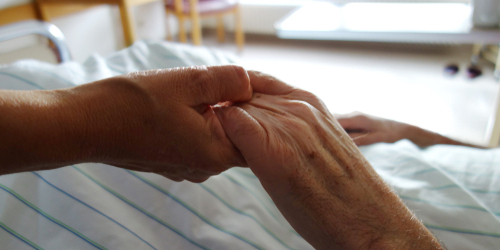Slippery slope: Canada moves to expand assisted suicide laws
Assisted Suicide
The Canadian Government have tabled a Bill which, if passed, would expand the country’s assisted suicide laws to people without a terminal illness.
It potentially will open the door to allow people with degenerative conditions, such as motor neurone disease, to end their own lives.
Up till now, assisted suicide in Canada was only legal for patients who had a terminal illness. But the Government now want to expand the laws to include more people.
The new bill was introduced in the Canadian parliament on Monday and has cross-party support.
It follows a ruling by a Quebec Superior Court decision in 2019 which struck down the requirement for patients to prove their natural death was ‘reasonably foreseeable’.
This safeguard was said to be ‘unconstitutional’ by Justice Christine Baudouin.
Since medically assisted suicide was legalised in September 2016, more than 13,000 Canadians have been killed, according to the data from the justice department.
The new bill will also soften existing safeguards for patients with terminal illnesses, for example allowing advanced consent for people who are dying but may lose capacity to give their own consent.
A recent report by the Special Rapporteur on the rights of persons with disabilities in Canada highlighted very troubling concerns about the impact Canada's assisted suicide laws are having on people with disabilities.
According to the report, 'The Special Rapporteur is extremely concerned about the implementation of the legislation on medical assistance in dying from a disability perspective. She has learned that there is no protocol in place to demonstrate that persons with disabilities deemed eligible for assistive dying have been provided with viable alternatives.'
The report goes on to say: 'moreover, she has received worrisome information about persons with disabilities in institutions being pressurised to seek medical assistance in dying and of practitioners not formally reporting cases involving persons with disabilities.'
During her visit, the Special Rapporteur said people with disabilities told her 'they are being offered the "choice" between a nursing home and medical assistance in dying'.
This is extremely concerning. Not only is there evidence of people not being told about alternatives to assisted suicide, there is evidence also of people being put under pressure.
This is exactly why CARE is so opposed to assisted suicide.
The Special Rapporteur is recommending an investigation: 'The Special Rapporteur recommends that the Government investigate allegations concerning persons with disabilities in institutions being pressured into seeking medical assistance in dying and establish adequate safeguards to ensure that persons with disabilities do not request assistive dying simply because there are no community-based alternatives or palliative care.'
Assisted suicide is currently illegal in the United Kingdom. CARE supports the current law which provides strong protections for vulnerable people.
The Royal College of GPs recently decided to remain opposed to all forms of assisted suicide and euthanasia.





Share story
Slippery slope: Canada moves to expand assisted suicide laws